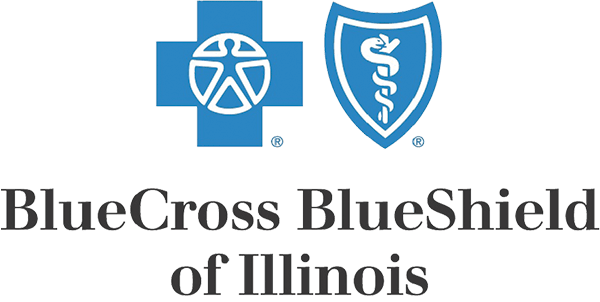NBC News – Angela Pike’s husband, Tracy, had just celebrated his 45th birthday when he was diagnosed with Stage 4 stomach cancer.
A father of three and the maintenance chief of a Louisville, Kentucky, skyscraper, Pike immediately started chemotherapy, which reduced the size of the tumor his doctor had discovered.
While continuing the chemotherapy would keep him going in the short term, Pike’s best shot at a longer and more healthy life, his doctor told him and his wife, was to undergo a routinely practiced treatment combining surgery and intensive chemotherapy at the MD Anderson Cancer Center in Houston.
After MD Anderson agreed to provide Pike with the treatment, he and his family traveled to Texas in 2023.
The night before the first procedure, Pike’s surgeon called to let the family know Blue Cross and Blue Shield of Illinois, Pike’s health insurer through his employer, had declined to cover the roughly $40,000 treatment.
The insurer ruled Pike’s treatment was “not medically necessary” because it was “experimental, investigational and unproven,” documents show.
But this is not the view of the National Comprehensive Cancer Network, a not-for-profit alliance of leading cancer centers, in its widely followed cancer treatment guidelines.
The network’s guidelines recommend the procedure Pike sought for “a select group of patients after multidisciplinary evaluation and discussion as well as appropriate clinical context.”
The denial was a temporary setback, Angela Pike figured. “The surgeon at MD Anderson thought it would be an easy appeal,” she said. “We were being told he may have it any day now” …



